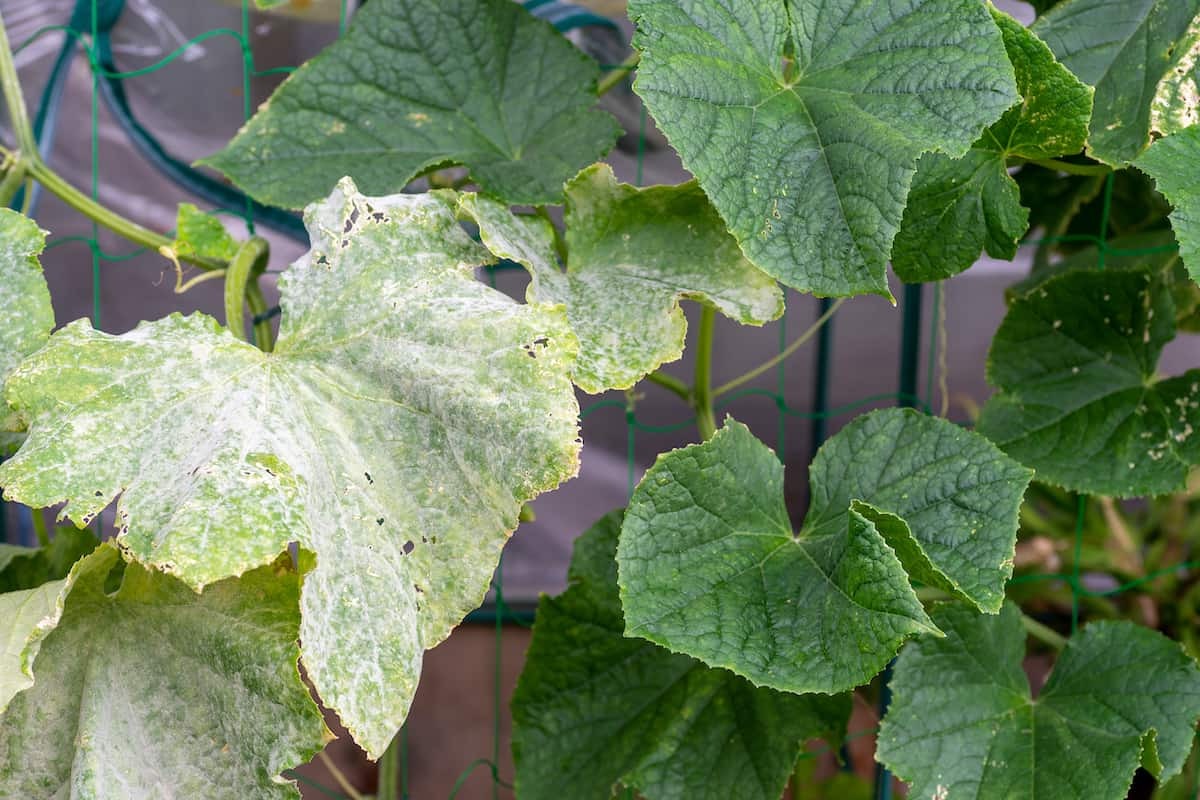
Disease resistance is a fascinating topic that impacts everyone. Ever wondered why some people rarely get sick while others catch every bug? Disease resistance refers to the body's ability to fend off illnesses. This ability can be influenced by genetics, lifestyle, and even the environment. Understanding these factors can help you boost your own immunity. From the role of white blood cells to the impact of a balanced diet, there are many elements at play. Let's dive into 20 intriguing facts that will help you grasp the complexities of disease resistance and how you can enhance your own defenses.
Understanding Disease Resistance
Disease resistance is a fascinating subject that touches on biology, medicine, and even agriculture. Let's dive into some intriguing facts about how organisms fight off diseases.
-
Innate Immunity: This is the body's first line of defense. It includes barriers like skin and mucous membranes, as well as cells that attack invaders.
-
Adaptive Immunity: Unlike innate immunity, adaptive immunity remembers past infections. This allows the body to respond more effectively to future attacks.
-
Vaccines: Vaccines train the immune system to recognize and combat pathogens without causing the disease itself.
-
Antibiotic Resistance: Overuse of antibiotics can lead to bacteria evolving resistance, making infections harder to treat.
Plant Disease Resistance
Plants have their own ways of fighting off diseases. Here are some cool facts about plant immunity.
-
Physical Barriers: Plants use structures like thick cell walls and waxy surfaces to keep pathogens out.
-
Chemical Defenses: Some plants produce chemicals that are toxic to pathogens, helping to protect themselves from infection.
-
Gene-for-Gene Resistance: This occurs when a plant has a specific gene that provides resistance to a pathogen carrying a corresponding gene.
-
Systemic Acquired Resistance: When a part of a plant is infected, it can signal other parts to activate their defenses, providing a whole-plant response.
Animal Disease Resistance
Animals, including humans, have evolved complex systems to fend off diseases. Here are some interesting points.
-
White Blood Cells: These cells are crucial for fighting infections. They can engulf pathogens or produce antibodies.
-
Fever: Raising body temperature can help to kill or inhibit the growth of pathogens.
-
Microbiome: The community of microbes living in and on animals can help to outcompete harmful pathogens.
-
Genetic Resistance: Some animals have genes that make them naturally resistant to certain diseases.
Human Disease Resistance
Humans have developed unique ways to combat diseases. Here are some fascinating facts.
-
Hygiene Hypothesis: This theory suggests that exposure to certain microbes early in life can help to build a stronger immune system.
-
Autoimmune Diseases: Sometimes the immune system mistakenly attacks the body's own cells, leading to conditions like lupus or rheumatoid arthritis.
-
Immunotherapy: This treatment uses the body's own immune system to fight diseases like cancer.
-
Herd Immunity: When a large portion of a population becomes immune to a disease, it can help to protect those who are not immune.
Disease Resistance in Agriculture
Farmers and scientists work hard to develop crops that can resist diseases. Here are some key points.
-
Crop Rotation: Changing the types of crops grown in a field can help to reduce the buildup of pathogens in the soil.
-
Resistant Varieties: Breeding plants to have natural resistance to diseases can reduce the need for chemical treatments.
-
Biological Control: Using natural predators or parasites to control disease-causing organisms can be an effective strategy.
-
Integrated Pest Management: Combining multiple strategies, such as resistant varieties and biological control, can provide the best protection against diseases.
The Power of Disease Resistance
Understanding disease resistance isn't just for scientists. It affects everyone. From the food we eat to the medicines we take, this knowledge helps us make better choices. Farmers use resistant crops to ensure healthy harvests. Doctors rely on it to treat patients effectively.
Learning about how plants and animals resist diseases can inspire new solutions. It shows us the importance of biodiversity and why protecting different species matters. Disease resistance also highlights the role of genetics in our lives.
By staying informed, we can support efforts to combat diseases and promote health. Whether you're a student, a parent, or just curious, knowing these facts empowers you. It’s a reminder that science and nature work together in amazing ways. So, keep exploring and stay curious about the world around you.
Was this page helpful?
Our commitment to delivering trustworthy and engaging content is at the heart of what we do. Each fact on our site is contributed by real users like you, bringing a wealth of diverse insights and information. To ensure the highest standards of accuracy and reliability, our dedicated editors meticulously review each submission. This process guarantees that the facts we share are not only fascinating but also credible. Trust in our commitment to quality and authenticity as you explore and learn with us.


